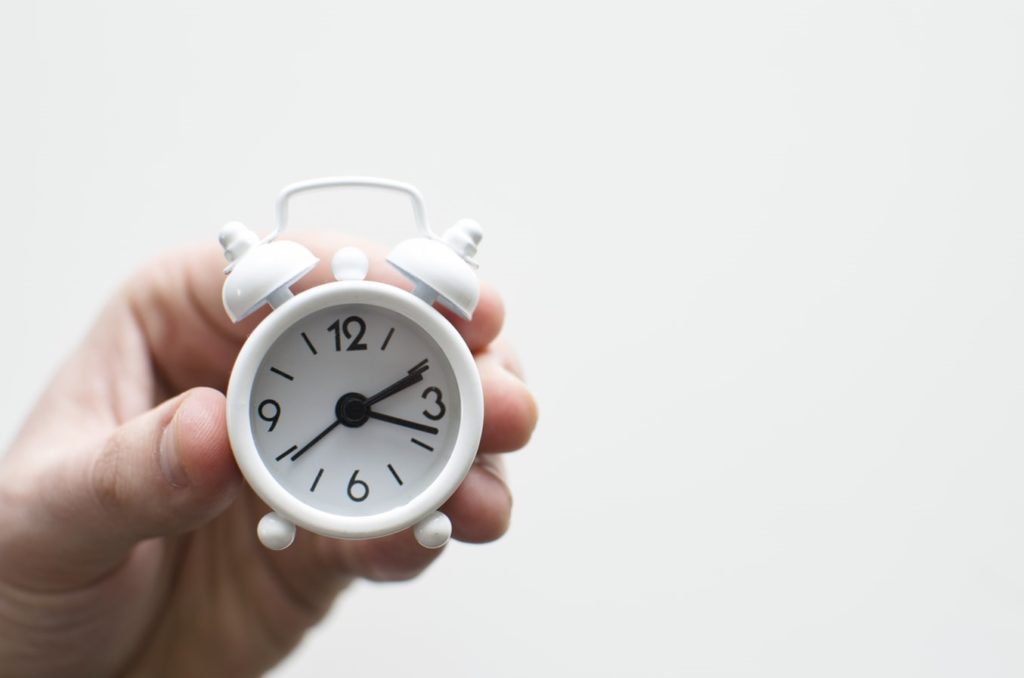
Many studies on human psychology and productivity often tell us that people have biorhythms that affect sleep schedules and energy levels throughout the day. We also know that there are people who work more effectively at night or late in the evening, while others get up early in the morning as they consider this time of the day as the peak of their productivity level. So, do you know what time of the day is best for you to do your homework or study for finals? If not, this article will help you find out the most productive time of the day for you!
Don’t Just Assume
The biggest problem with the students and their life tempo is that it is usually less individual but rather dependent on their community and social groups. What does that mean? The majority of students just get used to staying up late because it is common to go to parties and wake up late. When there is no other lifestyle than that, how can one know if it suitable and most comfortable for them?
So, don’t just assume like many other students who claim to be night owls just because of the college lifestyle. You might not know that you are simply accustomed to working at night – figure it out instead.
Learn More About Biorhythms
Due to modern studies, it’s not a secret that we all live according to our “inner clocks” that control the processes in our bodies, energy levels, and mood swings. So, what you should know about this “inner clock” is that it can be “reprogrammed” by the influence of environment.
For example, you might have woken up early in the morning during your high school years and then suddenly changed your routine after entering college and scheduling all your classes for after lunch. You will eventually get used to staying up late and waking up closer to midday. That is what makes us great at adjusting to the change of environment. And that is what you can use if you want to change your regimen.
You can teach your brain to work effectively when you need it, for example, in class instead of being productive and energized when it’s time for you to go to bed. Have a consistent schedule that repeats every day – having meals at the same time, studying at the same time, going to bed at the same time – and you will see that you get used to this new routine and your productive hours shift.
Collect Data
Theoretical knowledge is not enough – you should gather data on yourself. For example, you can record your level of focus and productivity every day at the same time to learn more about your inner clock. You should also pay attention to the factors that might affect your mood or focus, such as hunger, lack of sleep, excessive noise, anxiety level, important meetings or calls, stress, headaches, etc. Keep your notes in the form of a diary or a table where you can put information a few times a day, specifically in the morning, afternoon and evening, or hourly.
Some people might experience peak productivity in the early morning, before even getting to work or class. Other people might feel the most focused during evening hours, so it’s important to plan your day and your study sessions according to the pattern that you discover while recording data. As was said earlier, if you feel that you waste your productivity hours, you can change your routine and try to shift your productive hours according to the schedule of your classes.
Analyze Your Typical Day
After you start paying attention to how you feel through the day and track your activities, you will see a pattern that will most likely consist of one long peak of productivity or a few shorter ones. It might be morning and after lunchtime, or midday and late evening – such patterns are individual and may vary even through the year depending on the season.
Once you know when your most productive hours are, rearrange your daily routine to be able to work through your tasks when you are focused and energized. Typically, you might want to schedule your study sessions for your most productive hours, paying attention to the subjects that are harder for you to work through. Make sure to use your peak time as effectively as possible; make sure to avoid interruptions and plan on what you are going to do during these hours ahead.
That is all for our tips on finding the most productive time of the day. There is no advice or pattern that suits everyone, so make sure to collect information on your personal daily routine and feelings.
